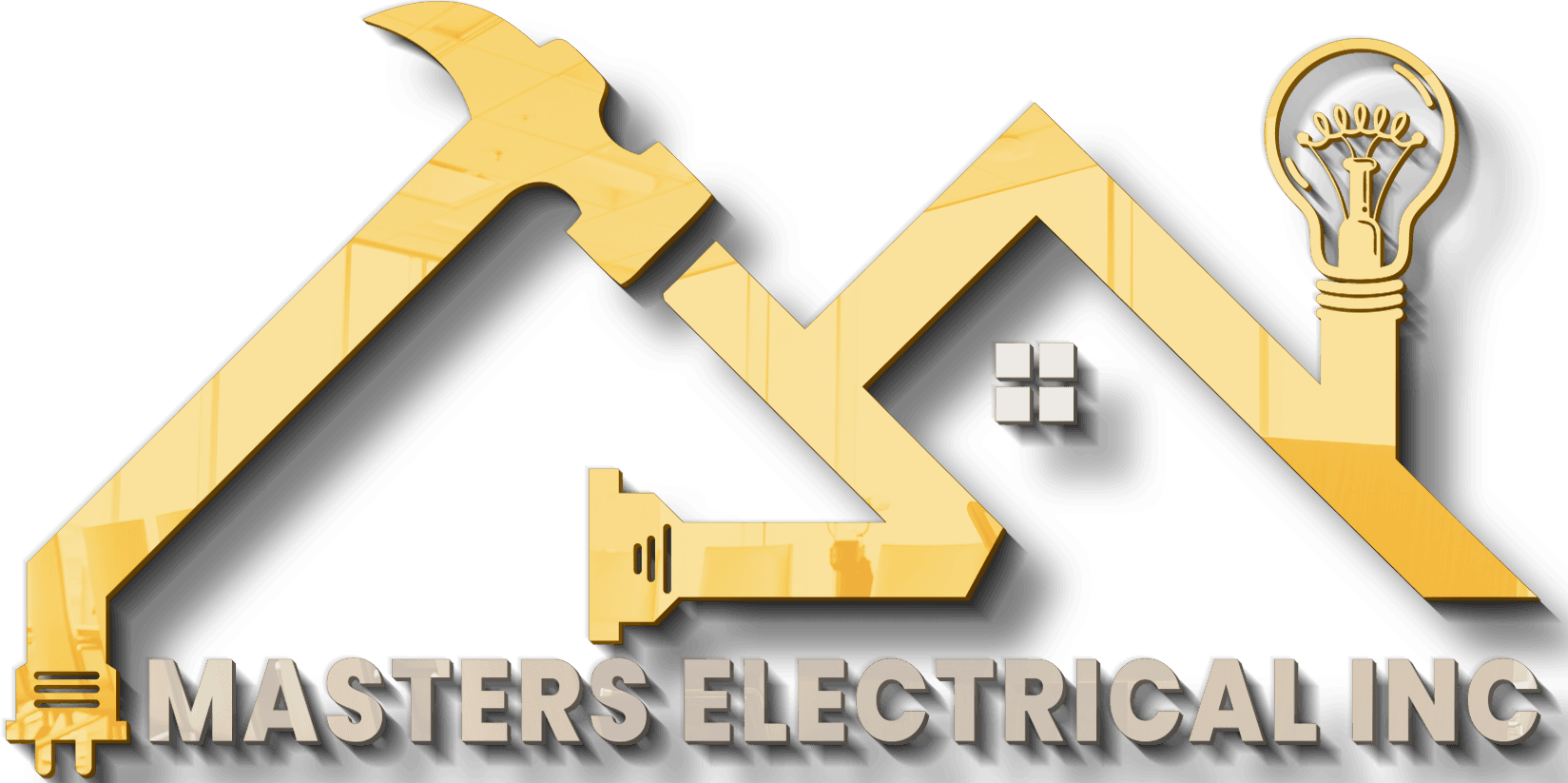Comparing EV Charger Options: Which One is Right for You?
AT
Understanding the Types of EV Chargers
As electric vehicles (EVs) become increasingly popular, the need for reliable and efficient EV chargers is more important than ever. Understanding the different types of chargers available can help you make an informed decision. Generally, EV chargers are categorized into three levels: Level 1, Level 2, and DC Fast Chargers, each with its own set of features and benefits.
Level 1 chargers are the most basic type, utilizing a standard 120-volt outlet. These are typically included with the purchase of your EV and are best suited for overnight charging at home. While convenient, they charge at a slower rate compared to other options.

Level 2 Chargers: A Step Up in Efficiency
Level 2 chargers, on the other hand, operate on a 240-volt system and can be installed at home, workplaces, or public charging stations. They charge significantly faster than Level 1 chargers, making them a popular choice for daily use. Installation requires a dedicated electrical circuit, which might entail additional costs.
When considering a Level 2 charger, it’s essential to look at factors such as the charging speed, installation requirements, and connectivity features. Some models offer smart capabilities, allowing you to monitor and control charging sessions through a mobile app.

DC Fast Chargers: For Quick Top-Ups
If you're often on the road and need quick charging solutions, DC Fast Chargers might be the right choice. These chargers provide high-speed charging by converting AC power to DC within the charging station itself. They can charge an EV up to 80% in about 30 minutes, making them ideal for long trips.
However, DC Fast Chargers are generally not suitable for home installation due to their high power requirements and costs. They are mostly found at public charging stations and along highways, offering convenience for long-distance travelers.

Factors to Consider When Choosing an EV Charger
When selecting an EV charger, several factors come into play. First, consider your driving habits and how often you need to charge. If you primarily drive short distances and can charge overnight, a Level 1 charger may suffice. For more frequent use or faster charging needs, Level 2 or DC Fast Chargers are preferable.
Additionally, think about the installation costs and compatibility with your vehicle. Not all EVs support all types of chargers, so it’s crucial to ensure compatibility before making a purchase.
The Future of EV Charging
The landscape of EV charging is rapidly evolving with advancements in technology. Innovations like wireless charging and ultra-fast chargers are on the horizon, promising even more convenience and efficiency for EV owners.
As the infrastructure expands and technology improves, choosing the right EV charger will become increasingly important to maximize the benefits of your electric vehicle.

